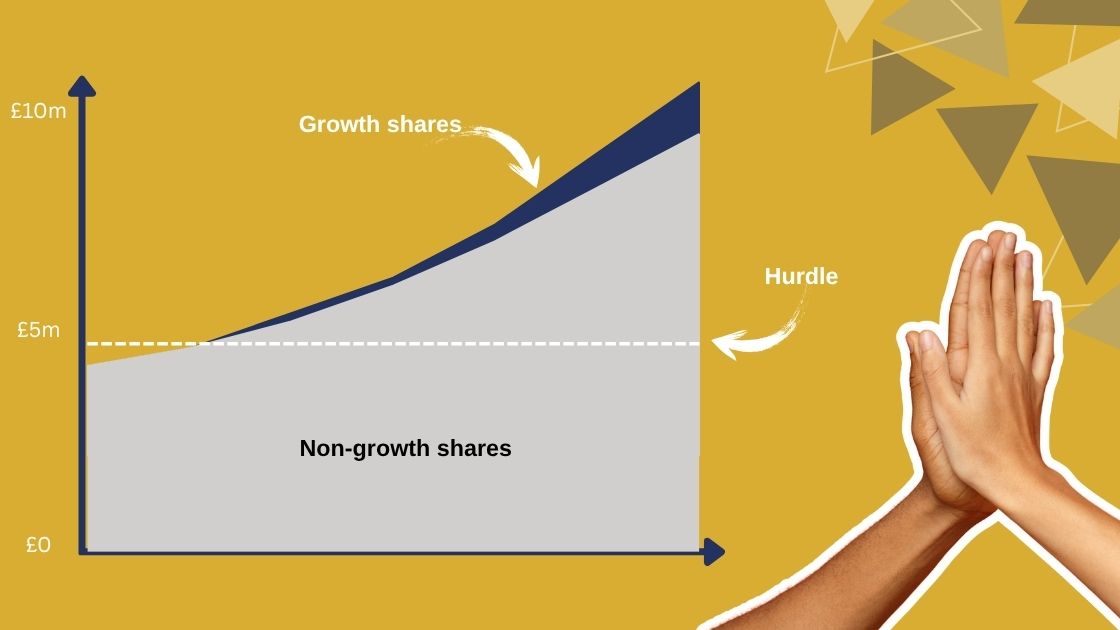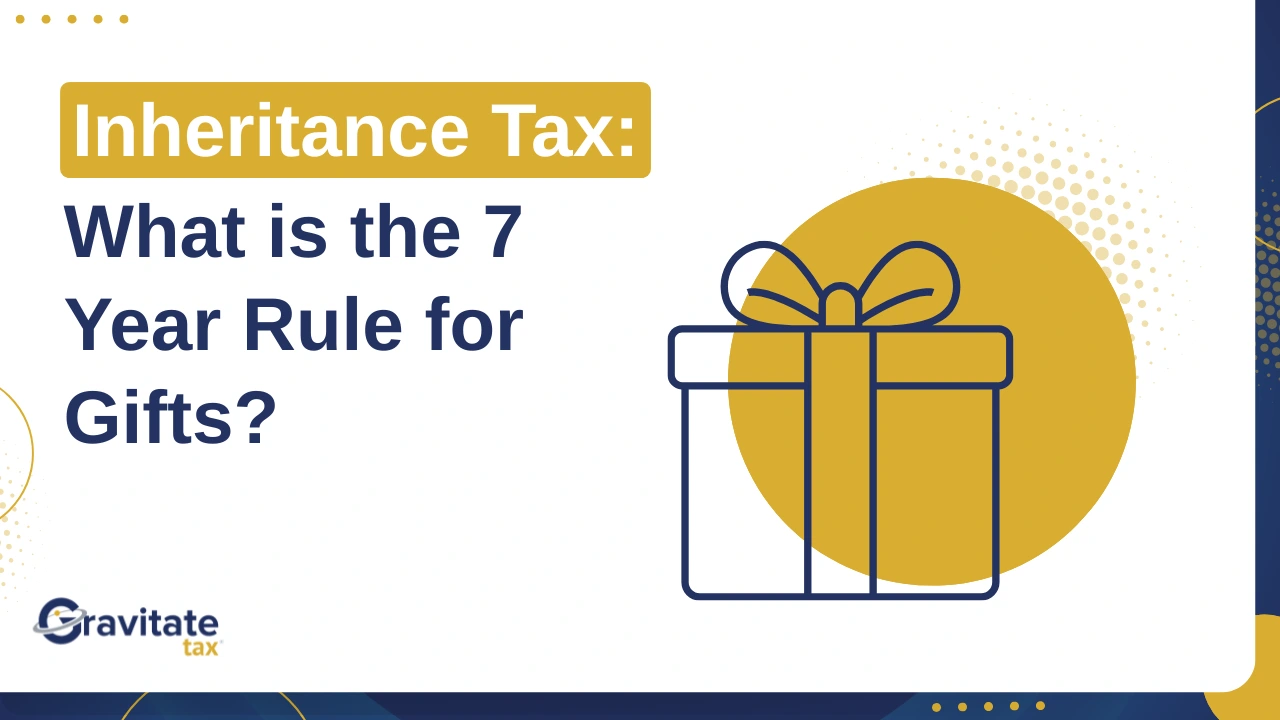Rewarding and incentivising employees in a modern business is about much more than just salary. Competitive salaries are, of course, essential for a business to attract and retain the best talent in their industry, but today’s workforce is valuing ownership more and more; it makes them much more involved in the business journey, rather than just an employee.
The growing popularity of Employee Ownership Trusts (EOT) is a great example of how businesses are using ownership to incentivise and attract talent.
Another useful method that is perhaps not as widely known is the use of Growth Shares.
What are growth shares and how do they work?
Growth shares are a unique type of share offering designed to reward select employees based on the future success (growth) of the business.
How are growth shares different from regular shares?
Unlike regular shares, which provide both income (by way of dividends) and capital gains as the share value increases, growth shares focus on capital growth above a specific valuation threshold. This is usually the valuation at the time the shares are issued.
What this means is they don’t hold much value to begin with but can become very valuable if the company performs and reaches its growth targets.
Growth shares are best suited for individuals who you believe will be instrumental in building the value of the business over time.
Why growth shares?
From the perspective of the business, growth shares are a highly cost-effective incentive. There are a few reasons for this:
- They don’t affect business cash flow
- The current shareholders do not have to dilute their existing equity until growth milestones have been reached
- They can be issued in a tax-efficient way (if structured correctly)
- They provide ownership without handing over voting power or immediate financial control
- They align the interests of senior management with shareholders
How are growth shares structured?
Let’s use an example to explain how growth shares are typically structured.
- Company valuation: £5m
- Growth shares issued with a valuation threshold (or “hurdle”) set at £6m
- These shares only start accruing value if the company’s valuation exceeds £6 million
- If the business is eventually sold for £10m, the growth shareholders share in the £4 million increase over the hurdle, not the full £10m.
Regular shareholders would still own the business as it stands at the time growth shares are issued. The growth shareholders get a piece of future success.
Growth shares are usually created through company’s articles of association alongside a shareholder agreement.
Structurally, these shares can also be non-voting and non-dividend paying if the existing owners wish and only become valuable in a liquidity event (such as the company being sold).
Growth shares: Vesting schedules vs performance triggers
Growth shares are based around specific triggers, after which the shares become “active” and begin to accrue value. These triggers can be time-based (“vesting schedules”) or performance-based (“performance triggers”).
Key features of typical growth share arrangement
One of the great things about growth shares is that they can be customised to ensure they offer the most appropriate level of incentive in a way that works with the specific business and its current shareholders. Here are some of the most important features to be aware of.
- Capital Growth Participation: Growth shares only provide value if the company grows. This makes them ideal for growth-stage companies with limited profits but strong potential.
- No Rights to Dividends (usually): Most growth shares do not have dividend rights so that the company maintains control over how profits are allocated and reinvested.
- Exit Based Returns: Typical growth shares pay off during an exit event (such as the sale of the business). Growth shareholders receive a portion of these proceeds above the agreed threshold (or hurdle).
Important: Employment Related Securities (ERS)
When granting growth shares to employees, companies must report this to HMRC annually under Employment Related Securities (ERS) rules.
The company will need a justifiable share valuation at the point of formally issuing the shares to avoid disputes. Undervalued shares could mean Income Tax and NICs apply at issue.
Companies cannot agree the value of growth shares with HMRC through a clearance application. Similarly, HMRC may challenge the value of the growth shares further down the line, i.e. 3-4 years in future. Both factors emphasise the need for robust valuation and proactive advice upon setting up the scheme.
Proper documentation and shareholder agreements must be in place for all aspects of growth shares. Failure to comply with these rules and report the share scheme(s) on time to HMRC each year, will result in penalties, and the annual reporting requirement is often overlooked after the scheme has been set up.

.png)


.png)

.png)
.png)

.png)
.png)
.png)













.png)
.png)
.png)

.png)
.png)

.png)



.webp)
.webp)












.jpg)

.webp)
.png)

.svg)
